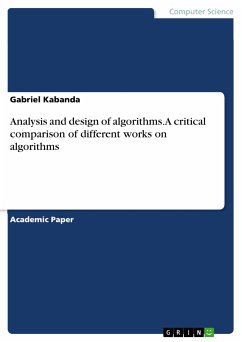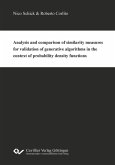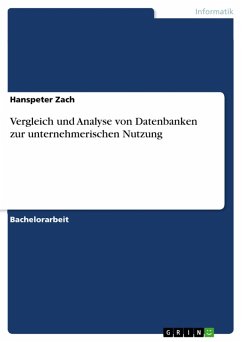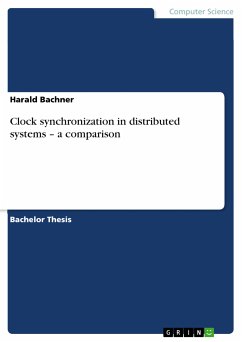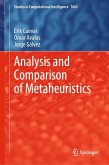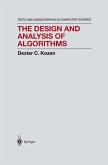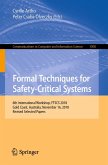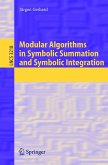Academic Paper from the year 2019 in the subject Computer Science - Theory, grade: 4.00, ( Atlantic International University ), language: English, abstract: The paper presents an analytical exposition, a critical context, and an integrative conclusion on the six major text books on Algorithms design and analysis. Algorithms form the heart of Computer Science in general. An algorithm is simply a set of steps to accomplish or complete a task that is described precisely enough that a computer can run it. It is a sequence of unambiguous instructions for solving a problem, and is used for obtaining a required output for any legitimate input in a finite amount of time. Algorithms can be considered as procedural solutions to problems where the focus is on correctness and efficiency. The important problem types are sorting, searching, string processing, graph problems, combinatorial problems, geometric problems, and numerical problems.
Dieser Download kann aus rechtlichen Gründen nur mit Rechnungsadresse in A, B, BG, CY, CZ, D, DK, EW, E, FIN, F, GR, HR, H, IRL, I, LT, L, LR, M, NL, PL, P, R, S, SLO, SK ausgeliefert werden.

